JDTC Special Section – Consent and its Limits
Journal of Dramatic Theory and Criticism
Special section: Consent and Its Limits
Edited by Lindsay Brandon Hunter and Aaron C. Thomas
In a recent keyword essay on “Consent,” Emily Owens marks the overwhelming centrality of the concept in discourse orbiting sex, describing “a chorus of journalistic, activist, and scholarly” interests that attempt to organize the various, manifold valences of sex under “the power of a single rubric: consent.” Consent has become no less vital a notion within the practice of theatre and performance—perhaps most visibly in the ascendancy and professionalization of intimacy choreography, which Joy Brooke Fairfield identifies, in a 2019 special section on the subject in JDTC, as having “coalesced to describe a wide variety of creative and pedagogical practices that prioritize the consent and body sovereignty of the actor.”
As a means to address the field, profession, and industry’s histories of abuse, commitments to consent-based practice appear as a necessary labor condition for the doing of theatre and performance, perhaps especially in academia (which has its own particular histories of abuse). Still, the sometimes totalizing presentation of consent as self-evident, binary, and universally accessible tends to smooth over what Owens calls its “vexatious nature” and, as Jennifer Nash points out in “Pedagogies of Desire,” “masks its roots in ideas of white liberal personhood.” The problematics of consent lie not only in the myriad understandings of its definition and practice but, as Owens notes, in its foundation in transactional logic indebted to capitalism and extraction and its “sinister applications of consent discourse” in service to colonial powers, particularly in the U.S. How can we hold consent up to scrutiny while continuing to acknowledge the urgency and severity of the harms it is so routinely mobilized to address within our fields?
The Journal of Dramatic Theory and Criticism seeks contributions to a special section that rigorously interrogates the idea of consent as it works in theatre, performance, and the university. We welcome contributions that recognize the complexity of consent as a notion and a practice, considering both the seemingly self-evident necessity of consent within labor practices in our field and its limits as a theoretical foundation, as articulated by Nash, Owens, and others. Contributions might:
- think through the implications and inheritances of consent, including its relationship to liberal ideas of autonomy and self-sufficiency
- consider alternative theoretical frameworks useful within theatre and performance studies that a reflexive reliance on consent could obscure
- engage critically with modes of practice or works of contemporary performance or dramatic literature that approach consent in particularly nuanced or complex ways
- explore contexts that challenge the utility or applicability of consent as an organizing principle for ethical or liberated embodiment
- offer analyses of how consent functions (or doesn’t) in theatrical and pedagogical spaces, including across the curriculum and outside of instructional touch
- contextualize universities’ strenuous promotion of consent as a means of organizing sexual experience on campus
We invite critical essays of approximately 5,000 words, or shorter pieces—manifestos, provocations, case studies—of between 750 and 1,500 words. For consideration, please submit an abstract of no more than 300 words by July 15th, 2024. Completed articles will be due in late November, 2024. The special section is slated for publication in the Journal of Dramatic Theory and Criticism in Spring 2025. Inquiries are welcome. All correspondence and proposals should be directed to Lindsay Brandon Hunter and Aaron C. Thomas at lhunter@buffalo.edu and acthomas@fsu.edu.
